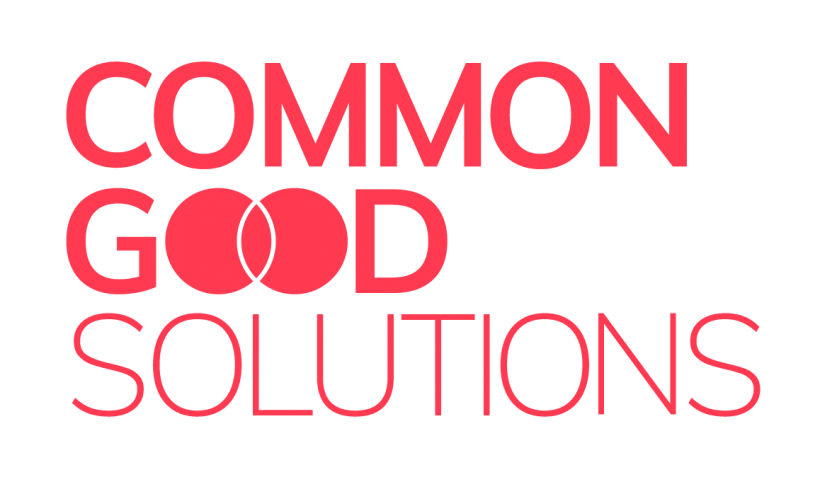As the social entrepreneurship movement gains momentum, Common Good Solutions of Halifax is keeping pace and growing its business locally and internationally.
The company is dedicated to working with a range of stakeholders to nurture businesses that are committed to a triple bottom line, or what’s known as the three Ps — people, planet and profit. The idea is spreading that modern capitalism needs to do more for society than simply reward shareholders, and Common Good Solutions is profiting from the movement.
The company now employs 21 people and in May it launched the Social Enterprise Institute, an online tool that provides training in how to create and grow ethical businesses. Common Good Solutions provides a range of services, from consulting work to advocacy, and its wingspan is lengthening each year.
“We’re in the early days of (the movement) — at the dawn of it, really,” said David Upton, the CEO of the company. “This is going to be one of the themes of the century. Everyone talks about the risks and rewards of business, but we need a third category — the ethical return of a business.”
Upton was speaking in an interview in the boardroom of the company’s headquarters in downtown Halifax — a space it has now outgrown and will soon forsake for larger premises.
Common Good Solutions has come a long way since Upton and co-founder Andy Horsnell launched it in 2012 — the year that Nova Scotia passed legislation enabling “community interest companies,” which are for-profit companies established to support social goals.
CarbonCure's Tech Used in California High-Speed Rail Project
It’s difficult to pinpoint what Common Good Solutions does because it does so many things. It’s an incubator that nurtures triple-bottom-line businesses, and it does some policy work, advising government and others on the development of the ethical business ecosystem. Specializing in social financing, it works across the spectrum of purpose driven organizations — from not-for-profits, to social enterprises, to corporations that embrace corporate social responsibility.
“We exist to build the capital of organizations that exist to deliver social value through entrepreneurship,” said Upton.
As the first Atlantic Canadian company to win a B Corp certification, Common Good Solutions reflects its social mission in its own operations. Its 21 employees include 11 women. About a fifth are from visible minorities and four-fifths are under 30. Everyone is paid at least a “living wage,” which amounts to $37,000 a year in Halifax.
The group made one of its biggest moves ever this year when it launched the Social Enterprise Institute, a sister company with a library of social enterprise training seminars that can be purchased over the internet. The topics range from profit-focused lessons like successful Instagram marketing, to enhancing social or environmental impact through hiring people with disabilities. It now has clients in six countries and in four months has exceeded its first-year sales projections.
The institute is one way that Common Good Solution can take its mission beyond Atlantic Canada.
“We’re using the tools in Nova Scotia, but this is not our market,” said chief financial officer Mike Kennedy, who is also an Acadia University business professor. Referring to the company’s export potential, he added: “We’re on track to becoming the ideal Ivany Report business, and we didn’t even intend to do it.”










